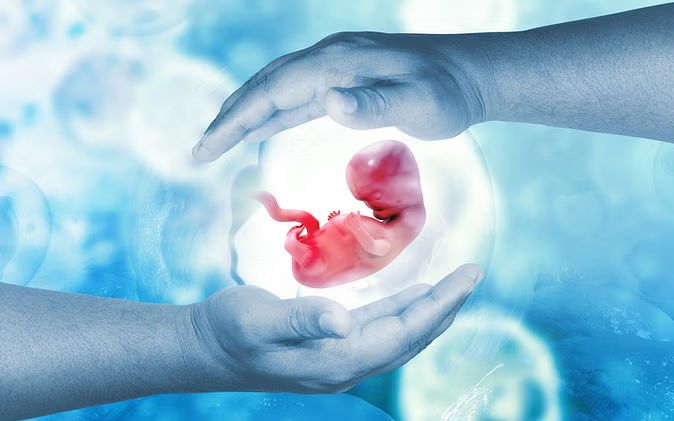Most of the states across the country are in the grip of severe heat waves these days. In the capital Delhi-NCR, the mercury continuously remains between 38-40 degrees. Extreme heat and rising temperatures can have many negative effects on health, for which health experts advise all people to be careful. Studies show that due to extreme heat, diabetes patients may be at risk of complications ranging from dehydration to low blood pressure. Do you know that rising temperatures can also hurt reproductive health?

Health experts say extreme temperatures can have an impact on overall health. Research shows extreme heat can have serious effects on women's reproductive health. Women who are exposed to extremely hot environments may be at risk of suffering from problems like menstrual irregularities, reduced fertility, and endometriosis.
Some reports suggest that this type of temperature can cause health complications even for pregnant women.
Impact on men's reproductive health
Health experts say that climate change and rising temperatures affect the fertility not only of women but also of men.
https://www.nature.com/articles/s41467-018-07273-z
In a study published in Nature Communications, the authors said, heatwaves can damage men's fertility and sperm function. Ecologists and biologists at the University of East Anglia in Norwich, England, found that exposure to extreme temperatures could increase the risk of impotence.
There may be a risk of DNA damage
In the report of the study, scientists said that the problem of sperm production has been observed due to increased temperature. Due to extreme heat and heatwaves, DNA damage is being observed which can affect reproductive health. This is also a worrying situation because the way the temperature has been increasing in most of the countries of the world in the last decade is not only affecting reproduction but its effect is also being seen negatively on the health of the fetus.

Risk of premature birth
The heatwave is also causing premature birth and related complications. A study conducted in California found that for every 5.6 degrees Celsius increase in temperature, the risk of premature birth increases by 8.6 percent. Premature babies may be at risk for developmental problems as well as a variety of other physical and mental health problems.
Avoid exposure to high temperatures
Experts say high temperatures can have a variety of health side effects, with reproductive disorders being one of the emerging threats. Both men and women should avoid exposure to high temperatures. Earlier studies have also raised concerns that rising temperatures at the global level are not favorable for human health. Its risk has further increased due to climate change.
(PC: ISTOCK)










